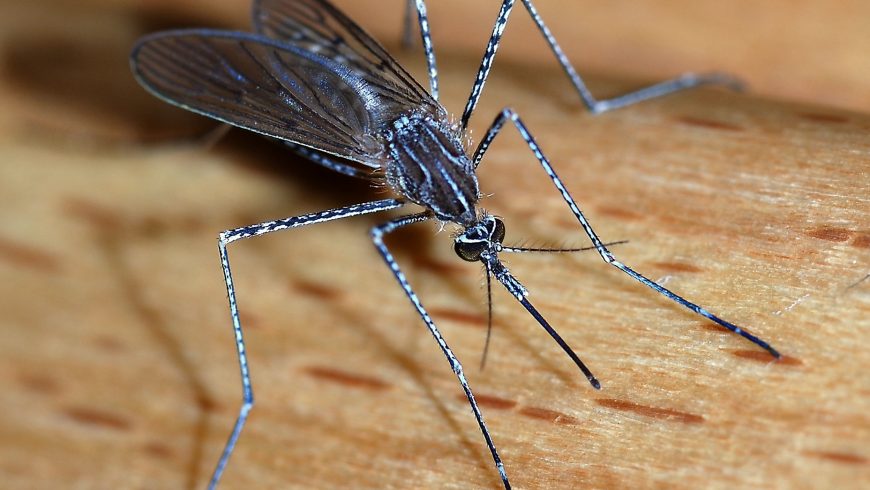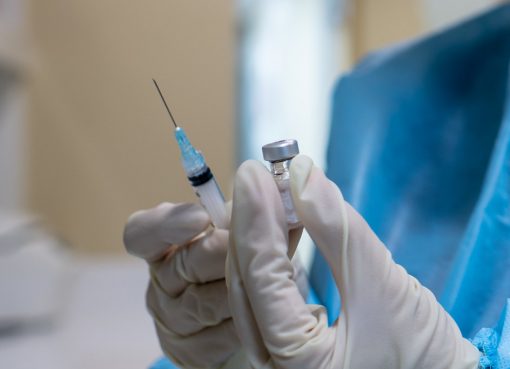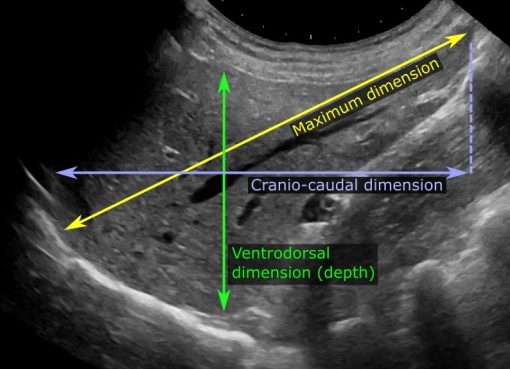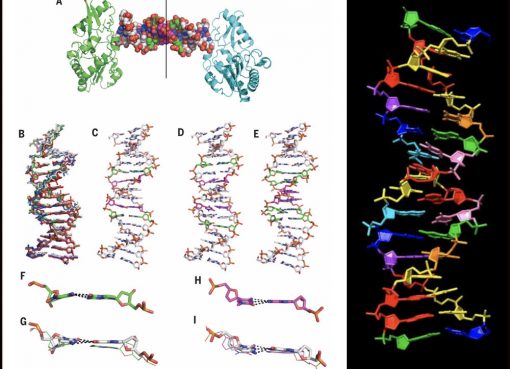Designed mosquito to combat dengue
Dengue fever caused by Dengue virus (DENV) is a mosquito-borne tropical disease. Globally, millions of people are infected by dengue virus and thousands of people die every year. Dengue fever is mainly spread by female mosquitoes, principally Aedes aegypti. One of the preventive measures to control dengue is protection from the bites of the mosquito that transmits it. Recently, scientists from University of California, San Diego have engineered mosquitoes that can halt the transmission of dengue virus from one individual to another. The engineered mosquitoes (Aedes aegypti) express a transgene encoding DENV-targeting single-chain variable fragment (scFv) derived from a broadly neutralizing DENV human monoclonal antibody, which significantly reduces infection and transmission of all four serotypes of DENV. The promising result of this experiment opens a new genetic based strategy not only to control DENV infection but also other arboviral infections.
Source: PLOS Pathogens, 2020; 16: e1008103 DOI: 10.1371/journal.ppat.1008103
Engineered bacteria to safeguard bees
Colony collapse is a major problem in bees and pests, and pathogens are the prime factor for this. Biologists from the University of Texas at Austin have developed a new strategy to improve the health of bees by genetically engineering their microbiome. Varroa mites and deformed wing virus are two major causes of colony collapse in bees because varroa mites act as a carrier of deformed wing virus and spread the virus while they feed on bees making bees weak and vulnerable to other pathogens. To get rid of it, the team has engineered bacteria (Snodgrassella alvi) live in the guts of honey bees, which induce immune responses in bees keeping them healthy and disease-resistant. Another advantage of the bacteria used is that the chance of escaping to the environment is limited because they are highly specialized to live in the bee gut, can’t survive in other environment for longer period and are protective for bees against a virus that attacks only bees.
Source: Science, 2020; 367: 573 DOI: 10.1126/science.aax9039
A new method for synthesis of α-amanitin
The toxicity of death cap mushroom is well-established and among all toxins, α-amanitin is one of potent candidates that inhibit RNA polymerase II leading to cell death. Despite its harmful effect, it is receiving attention because it can be used in cancer treatment as antibody‐drug conjugates (ADC). But its purification from mushrooms as the sole source is quite cumbersome thereby limiting its supply and research. Therefore, to increase large-scale industrial production of α-amanitin, researchers from the Technical University of Berlin have introduced an alternative synthetic method. The toxin, α-amanitin is a ring-shaped octapeptide. The synthetic α-amanitin was produced in liquid phase by combining three peptide fragments made of five, one and two amino acids, and the method was named as [5+1+2] synthesis. This method of synthesis will increase the availability of pure α-amanitin to carry out further researches.
Source: Angewandte Chemie International Edition, 2019; DOI: 10.1002/anie.201914620
In-vitro production of snake venom
A team of scientists from the Hubrecht Institute for Developmental Biology and Stem Cell Research at Utrecht University has successfully produced snake venom in laboratory condition. In this experiment, the researchers have used the stem cells of Cape Coral snake (Aspidelaps lubricus cowlesi) for venom production. They harvested tissue venom gland from snake eggs just before hatching and cultured it to form organoids. Theses organoids were capable of producing snake venom because the venom peptides produced were biologically active and resembled the components of venom produced by live snakes. This discovery could be a new hope to produce novel and rear anti-venom or other alternate therapy to combat snake bites.
Source: Cell, 2020; 180 (2): 233 DOI: 10.1016/j.cell.2019.11.038
Latest news on prevention and cure of coronavirus infection
The current pandemic outbreak of novel coronavirus (2019-nCoV) has taken more than 500 lives and more than 28,000 positive cases have been reported across 17 countries. Besides basic protective measures, the Ministry of Ayurveda, Yoga & Naturopathy, Unani, Siddha, Sowa Rigpa and Homoeopathy (AYUSH) of India has claimed that the homeopathic drug Arsenicum album 30 could be used as a ‘prophylactic medicine’ for the prevention of coronavirus infection. After this announcement, the Ministry has faced a backlash because there is no strong scientific background or any clinical data of this drug for coronavirus infection except one, where Arsenicum album 30 was used in neonatal diarrhoea in calves.
Recently, a study was published as a letter to the editor in the journal Cell Research reporting that remdesivir (anti-viral) and chloroquin (anti-malarial) are highly effective in the control of 2019-nCoV infection in-vitro. As both the compounds have shown promising preclinical results in human patients with a safety track record, new rays of hope is anticipated to get instant relief from the deadly coronavirus infection.
Sources:




